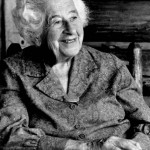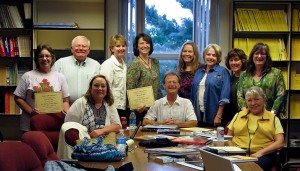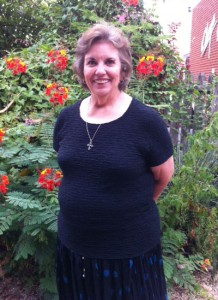

 Dogs have always been integral part of my life. The few times I was between dogs, I marked the days until had one again. If I’m not careful, I find myself preferring the company of dogs to people. They don’t lie, they don’t complain, and they’re always overjoyed to see me come home, even when I’m just returning from the bathroom.
Dogs have always been integral part of my life. The few times I was between dogs, I marked the days until had one again. If I’m not careful, I find myself preferring the company of dogs to people. They don’t lie, they don’t complain, and they’re always overjoyed to see me come home, even when I’m just returning from the bathroom.
My husband and I love big dogs, and we had three until a few years ago. Eventually, our home turned into an assisted living facility for geriatric dogs. We coaxed them into living another day, each day, until they creaked into their sixteenth and seventeenth years. The dogs weren’t in pain, just very, very old, and we didn’t want to say goodbye. But finally, when they could no longer stand up, we bowed to the inevitable and had them put down. The first time I saw my husband cry was when he came from work to the vet’s office to say goodbye to Smokey, our coffee table-sized old friend.
We didn’t know it at the time, but that marked the beginning of a new dog era for us. On that day, we accidentally switched to small dogs. The first was my mother-in-law’s dog, which came to us when Mom went into a nursing home. Angie, age 15, is an endearingly unattractive little brown dog. She has an overbite and an overbite and eyes that remind me of Yasser Arafat. She actually came to us in the last days of the dinosaur-dogs, and she seemed so little!
Before long, we rescued two more dogs from a bad situation with a relative. Annie, age 14, is an affectionate piece of fluff, mostly shih tzu, not terribly bright but totally adorable. The only male in the group is Taco, age 4, a black-and-white Chihuahua with a Napoleon complex. Angie, all seventeen pounds of her, was promoted to Big Dog, and she glories in her status. The other two are still duking it out for second place.
Admittedly, it’s like living with the Marx Brothers. These dogs provide the comic relief and chaos missing since our kids grew up and left. They are perfect children. I don’t have to worry about turning them into responsible citizens, no one cares about their politics or religion, and they’re always sorry when they mess up.
Angie, Annie, and Taco are impressed with my opposable-thumb adroitness and relative mental superiority. If they notice my slower step or creaky joints, it just makes them love me more. They know the old girl unintentionally drops more food on the floor these days. My dogs don’t care that my ancestors didn’t arrive on the Mayflower, or that I can’t trace my lineage back much farther than theirs.
The point is, life’s a funny old dog–not pedigreed, not a show dog. Mine resembles Annie and Angie more than Lassie, Taco more than Rin-Tin-Tin.
And I like it just fine.





